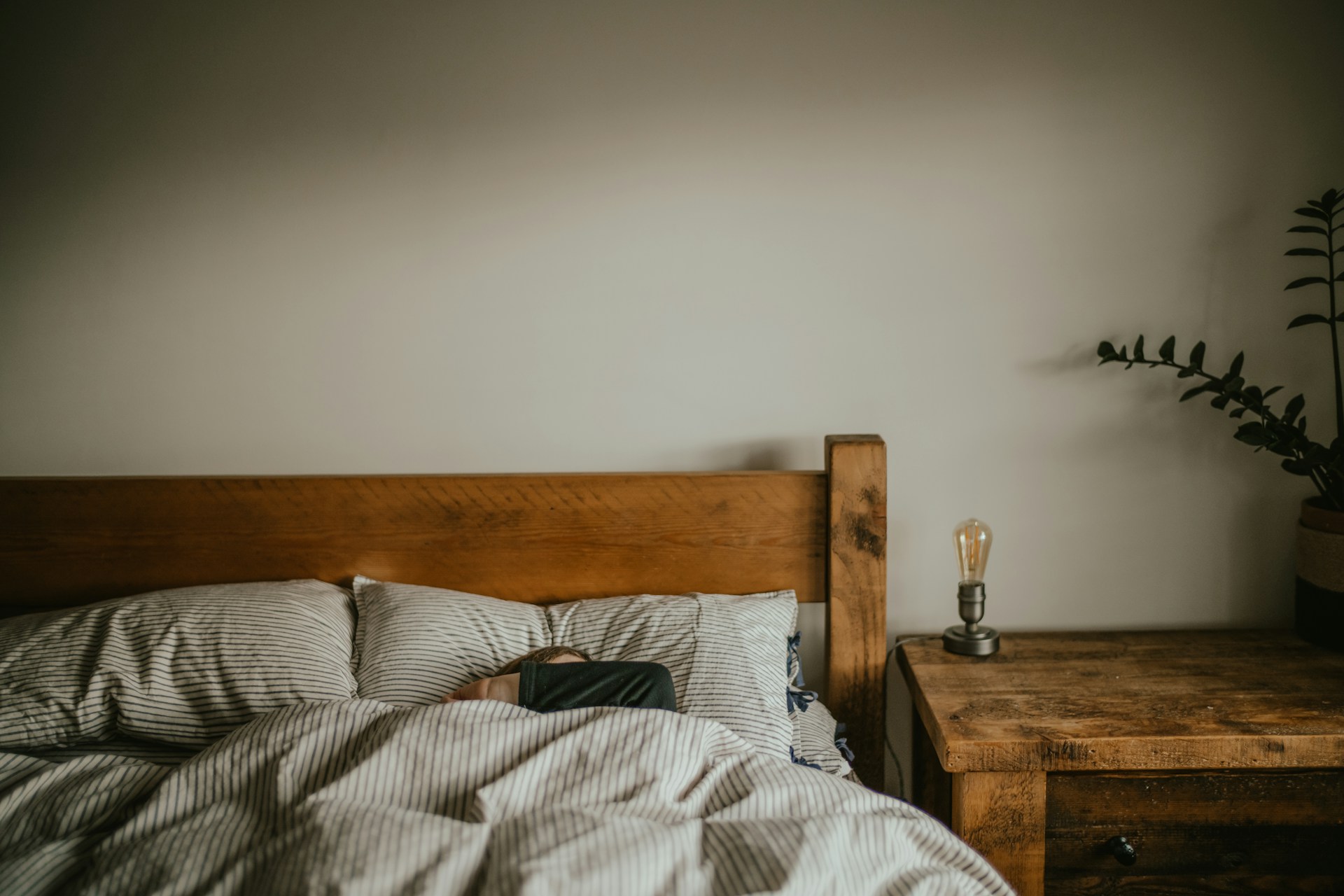Health
Unlock Restful Nights: Discover the Best Natural Sleep Aids

Quality sleep is crucial for maintaining overall health and wellness. It supports essential functions such as learning, memory, and decision-making. However, some individuals struggle to achieve restful sleep, which can increase the risk of health issues like heart disease, diabetes, and obesity. While good sleep habits are foundational, certain natural supplements may also aid in achieving better sleep.
Melatonin
Melatonin is a hormone naturally produced by the body, signaling the brain that it’s time to sleep. Melatonin supplements, often taken in doses of 3-10 mg, can enhance sleep quality, particularly for those experiencing jet lag or working night shifts. It has been noted that “melatonin supplements appear to be safe for adults when used for short periods,” though caution is advised for pregnant or nursing individuals due to limited research on long-term effects.
Valerian root
Valerian root is another herbal remedy that may enhance sleep quality and alleviate symptoms of sleep disorders. Commonly consumed in doses of 300-600 mg, valerian root is particularly popular in the United States and Europe. While some studies highlight its benefits, such as reduced sleep latency, others find its effects to be minimal. Despite this, “short-term intake of valerian root appears to be safe for adults, with minor, infrequent side effects.”
Magnesium
Magnesium plays a vital role in numerous bodily functions, including brain and heart health. It has a calming effect, potentially improving sleep quality. Studies suggest that magnesium supplements, typically in doses of 225-729 mg, can reduce the time needed to fall asleep. Magnesium is also known to increase levels of gamma aminobutyric acid (GABA), a calming brain messenger, thereby supporting relaxation.
Lavender
Lavender, widely recognized for its aromatic properties, may also promote better sleep. Aromatherapy using lavender oil has shown promise in improving sleep quality and reducing anxiety. However, it is essential to note that “oral intake of lavender has been linked to nausea, belching, and diarrhea in some cases,” so lavender should primarily be used for aromatherapy.
Passionflower
Passionflower, or Passiflora incarnata, is another herbal option that may slightly improve sleep quality. Its effectiveness can vary depending on the form consumed, with teas and extracts showing more promise than supplements. Although more research is needed, passionflower is generally considered safe for adults.
Glycine
Glycine, an amino acid, might help individuals fall asleep faster and enhance overall sleep quality. Consuming about 3 grams before bedtime has been associated with improved sleep metrics and reduced fatigue. Glycine is thought to work by lowering body temperature at bedtime, signaling the body that it’s time to sleep.
Cannabidiol (CBD)
Cannabidiol (CBD) is derived from hemp and has been explored for its potential to improve sleep and reduce anxiety. While some studies suggest it may help alleviate insomnia symptoms, more high-quality research is needed. It’s important to note that CBD legality varies by location, and it is not recommended for pregnant or breastfeeding individuals.
Other potential sleep aids include tryptophan, ginkgo biloba, and L-theanine. However, these require further scientific investigation to confirm their effectiveness. Kava, while linked to sleep benefits, should be used cautiously due to potential liver damage concerns.
Over-the-counter (OTC) sleep aids like diphenhydramine and doxylamine succinate are available, but they are not primarily intended for sleep and may pose risks, especially for older adults. Long-term use can lead to tolerance and dependence, and they may increase dementia risk. It is advisable to use these sparingly and consult a healthcare professional if sleep issues persist beyond two weeks.
Natural sleep aids can offer temporary relief for sleep disturbances. However, they should not replace healthy sleep practices and are best used as short-term solutions. If sleep problems continue, consulting a healthcare professional is crucial to address any underlying health concerns.
Let us know what you think, please share your thoughts in the comments below.
